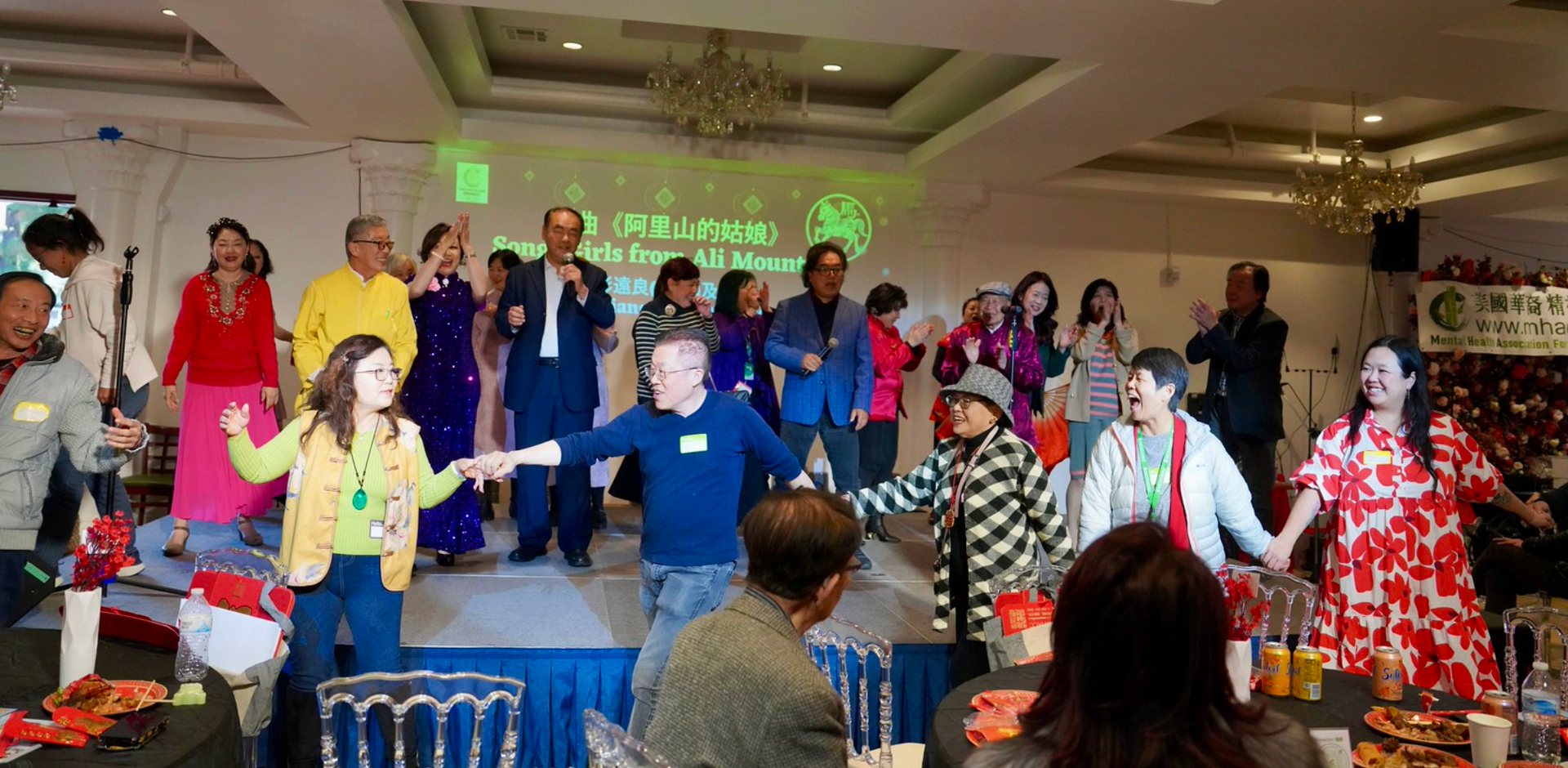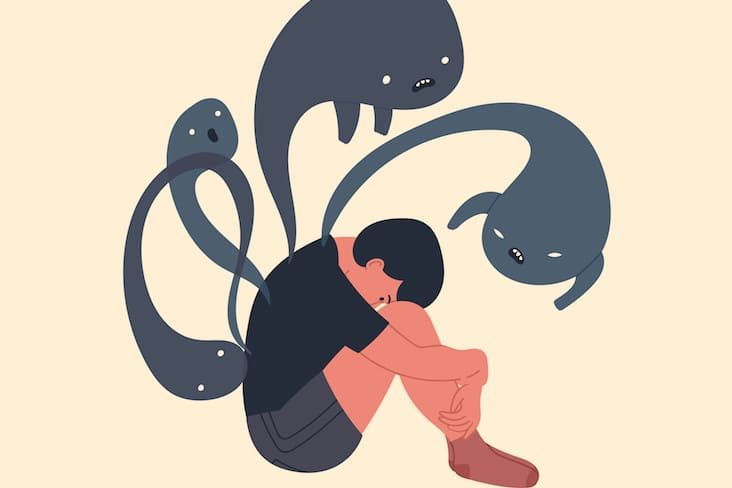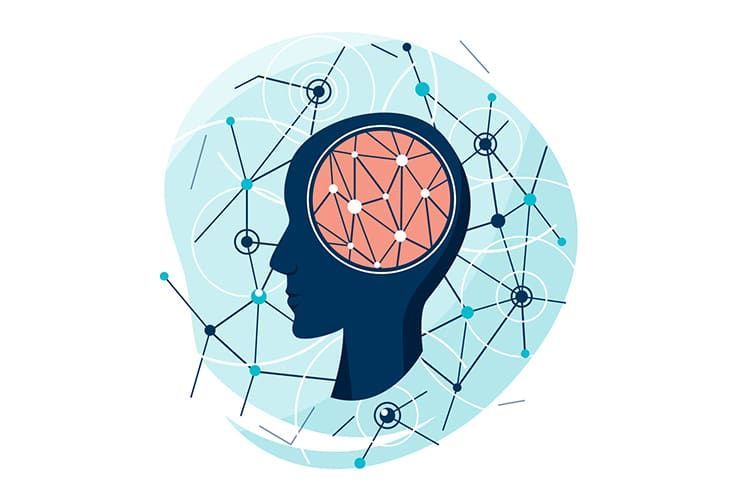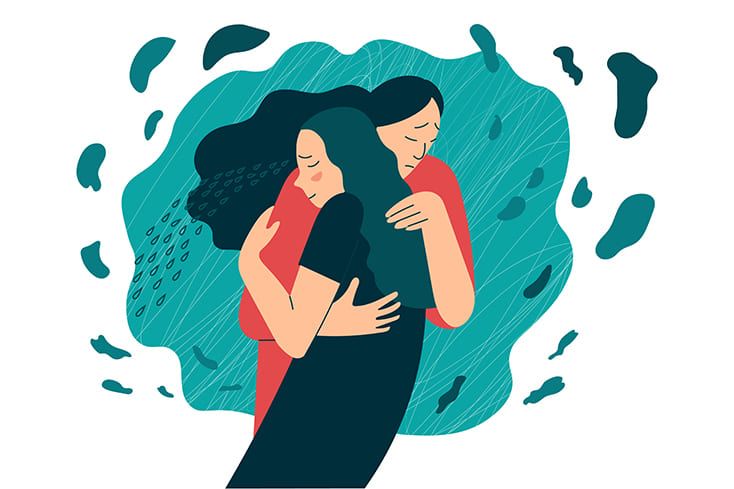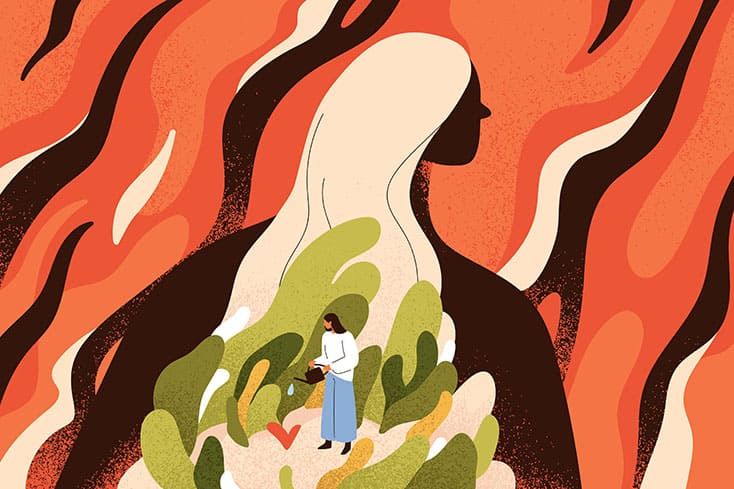請求與接受幫助拯救了我 | Asking for and Accepting Help Saved Me
MHACC 雙語部落格 Bilingual Blog
Scroll down for the English Version ⬇️
作者:Cassandra D. Lowe
原始來源: https://www.nami.org/depression-disorders/asking-for-and-accepting-help-saved-me/
2021年9月1日
直到四年前,我仍深信自己終將自殺而死。我曾經做出超過三次嚴重的自殺企圖,結果幾乎被送進芝加哥所有的急診室與加護病房。
有時候,我的憂鬱症嚴重到無法走路、無法睡覺、也無法進食。我一份又一份工作被解雇,因為我每次頂多只能穩定地工作幾個月。我每天祈禱不要醒來,然後在睜開眼聽見鳥鳴時感到絕望。我只想逃避現實,經常一天睡16個小時,並持續對自己造成傷害。
回想起來,那些記憶令人痛苦。我的憂鬱在我心中挖出一個黑洞,常讓我喘不過氣。我幾乎無時無刻在哭泣,無論多普通或多正向的情境,我都只看到絕望與死亡。
幸運的是,我活了下來,也慢慢重拾對心理健康的掌控。這一切之所以可能,主要是因為我願意開口尋求幫助,也幸運地獲得了幫助。家人與朋友的支持,加上心理健康專業人員的協助,讓我即使在最絕望的時刻,也沒有完全沉淪。
我能活下來,也歸功於我採取的幾個具體行動,希望這些能幫助到正在掙扎的你。
我找到了榜樣
我父親曾是酗酒者,但他接受匿名戒酒會的幫助後,成功戒酒。他那份勇氣與復原的精神,即使在我最黑暗的時刻,也一直激勵著我。因為他,我明白了「尋求幫助」本身就是一種勇敢的表現。
我接受治療
我不只一次讓自己住進醫院,也同意服用精神科醫師開立的藥物——即使當時我不相信藥物會有效,甚至有時候不希望它有效。我甚至接受了電痙攣治療(Electro Convulsive Therapy),這可能對我的症狀帶來了最明顯的改善。
我在能夠的時候管理待辦事項
偶爾,憂鬱的迷霧會短暫消散;每當這時,我都盡力把生活中「事務性」的部分處理好。我把醫生的電話號碼放在手邊,將必要的文件交給保險公司,並把處方箋送到藥局。
我也會聯絡家人與朋友,感謝他們的幫助,並告知我的醫療進展。當我終於擁有自己的公寓時,我把房租設定為自動扣款,以防我在繳租日那天病倒。
我勇於表達自己的痛苦
儘管我的憂鬱非常痛苦且難以處理,我並沒有默默承受。我讓身邊的人知道我正在受苦,雖然我很怕這會耗盡他們的耐心與無條件的愛。但後來我發現,這份恐懼並沒有實現。
家人與朋友支持了我:我先生為我做飯,陪我看醫生;朋友與親人打電話鼓勵我,也來醫院探望我;姻親甚至寫信鼓勵我。我原以為大家會離我而去,但事實剛好相反,真正關心我的人聽到了我的呼救,並且一直在我身邊。
我持續向前走
我不為自己患有心理疾病而感到羞愧,並且很高興自己能活下來。我認識了很多堅強的人,他們是鄰居、朋友、或支持團體的成員,即使患有心理疾病,依然過著充實而有意義的生活。我很自豪能與他們並肩而立。
由於我的憂鬱症包含了妄想症狀,我仍然會面臨挑戰,但如今好日子遠多於壞日子。我持續接受精神科醫師與心理師的治療,他們幫助我管理藥物,並處理日常生活與思緒中的困難。
我也很感謝像 NAMI 這樣的機構,讓我有一個安全的空間探索情緒,並與其他心理疾病的倖存者建立聯繫。
Cassandra D. Lowe 是一位自由撰稿人,擁有 Lawrence University 的英文文學學士學位與 St. Xavier University 的教育碩士學位。她曾在芝加哥南區擔任教師與社區組織者。
Written by: Cassandra D. Lowe
Original Source Here: https://www.nami.org/depression-disorders/asking-for-and-accepting-help-saved-me/
September 01 2021
Up until four years ago, I was convinced that I would die by suicide. I made more than three serious suicide attempts that landed me in almost every emergency room or intensive care unit in Chicago.
At times, my depression was so severe that I could not walk, sleep or eat. I was fired from one job after another because I was only stable enough to work for a few months at a time. I prayed that I wouldn’t wake up in the morning, and then felt defeated when I’d open my eyes and hear birds singing. All I wanted to do was to escape from the reality of my life, so I often slept for 16 hours a day and actively self-harmed.
Looking back, it’s painful to remember how sick I was. My depression created a pit in my soul that often took my breath away. I cried from one moment to the next, seeing despair and death in the most mundane or positive situations.
Fortunately, I survived, and I have moved forward and taken control of my mental health. I was able to do this largely because I was willing to ask for help and fortunate enough to receive it. The support from family and friends and expertise from mental health professionals kept me afloat even when I felt I was about to go under for the last time.
My survival is also due to several concrete steps that I hope to share with anyone else who may be struggling.
I Found a Role Model
My father was a recovering alcoholic, and after seeking help from Alcoholics Anonymous, he was able to stop drinking. His example of courage and recovery lingered with me even in my darkest hours. Because of him, I understood that asking for help was a courageous act.
I Accepted Treatment
More than once, I allowed myself to be admitted to the hospital. I also agreed to take medications prescribed by a psychiatrist — even when I did not believe medications could work (or, in some instances, when I did not want the medications to work). I even underwent Electro Convulsive Therapy, which seems to have made the most profound improvements in my symptoms.
I Managed My To-Do List When I Could
Occasionally, the fog of my depression would lift; when this happened, I made sure the “business side” of my life was in order. I kept my doctor’s phone number within reach. I filed all necessary paperwork with my insurance company, and I filled all relevant prescriptions with my pharmacy.
I got in contact with family and friends, letting them know that I appreciated their help, and notifying them of any important developments in my medical regimen. When I obtained an apartment of my own, I put my rent on an automatic payment schedule to cover myself in case I was sick at the time rent was due.
I Was Vocal About My Pain
While my depression was painful and difficult to manage, I did not suffer in silence. I let people know that I was hurting even though I was afraid I would challenge their patience and unconditional love. This fear, I learned, was unfounded.
Family and friends came through for me: My husband cooked for me and accompanied me to all my doctor’s appointments. Friends and family called with encouraging words and visited me in the hospital. My in-laws wrote me letters of encouragement. People did not abandon me as I thought they might; on the contrary, the right people paid attention to my pleas and stuck by me.
I Kept Moving Forward
I feel no shame in having mental illness, and I am glad to be a survivor. I have met so many strong people, neighbors, friends and members of support groups who have created satisfying and productive lives with mental illness. I am proud to stand among them.
Since my depression included psychotic delusions, I still have my struggles, but I have many more good days than bad. I continue to see a psychiatrist and a therapist who help me manage my medications and cope with my thoughts and everyday problems.
I am grateful to organizations like NAMI that give me a safe space to explore my feelings and meet people who, like me, are survivors of mental illness.
Cassandra D. Lowe is a freelance writer who holds a B.A. in English Literature from Lawrence University and a M.A. in Education from St. Xavier University. She has worked as a teacher and a community organizer on Chicago’s southside.
Sign up for our Newsletter
訂閱每月簡訊獲得最新資訊
Contact Us
